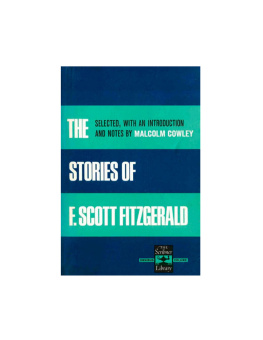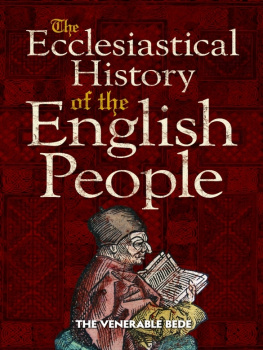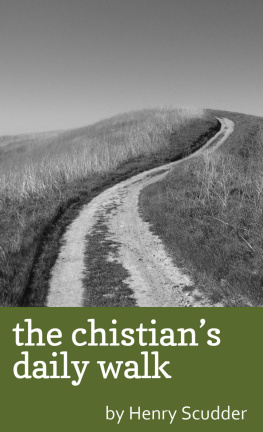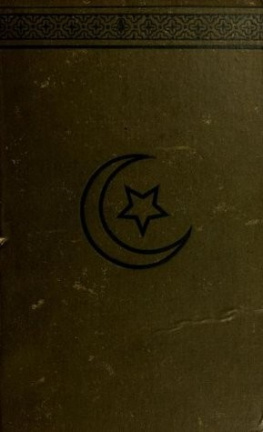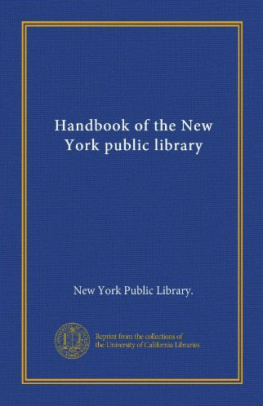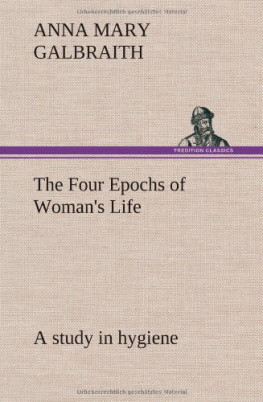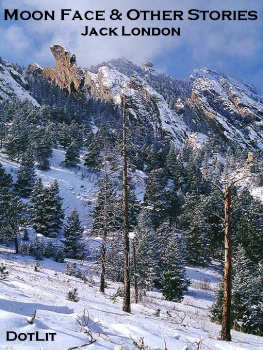
THE STORIES OF
F. Scott Fitzgerald
A Selection of 28 Stories
With an Introduction by
MALCOLM COWLEY
C H A R L E S S C R I B N E R ' S S O N S
N E W Y O R K
1954
C o p y r i g h t , 1 9 5 1 , 1935, 1926, 1930, b j C h a r l e s S c r i b n e r ' s S o n s .
C o p y r i g h t , 1950, b y F r a n c e s Scott F i t z g e r a l d L a n a h a n .
C o p y r i g h t , 1948, b y Z e l d a F i t z g e r a l d .
C o p y r i g h t , 1937, 1939, 1940, i g 4 i , i g 4 9 , b y E s q u i r e , I n c .
C o p y r i g h t , 1 9 1 6 , b y M c C a l l C o r p o r a t i o n .
C o p y r i g h t , 1935, b y H e a r s t ' s I n t e r n a t i o n a l M a g a z i n e C o . , I n c .
C o p y r i g h t , 1924, b y Coloroto C o r p o r a t i o n .
C o p y r i g h t , 19J4, 193J, b y A m e r i c a n M e r c u r y , I n c .
C o p y r i g h t , 1922, b y M e t r o p o l i t a n P u b l i c a t i o n s , I n c .
C o p y r i g h t , i p s o , 1018, 1930, 1930, 1 9 3 1 , 1933, 1948, b y C u r t i s P u b l i s h i n g C o m p a n y .
C o p y r i g h t , 1910, 1 9 1 a , b y T b e S m a r t S e t .
P r i n t e d i n tbe U n i t e d S t a t e s o f A m e r i c a All rights reserved. No part of this booh
may be reproduced in any form without
the permission of Charles Scribner's Sons
C O N T E N T S
INTRODUCTION vii
I. EARLY SUCCESS
EDITOR'S NOTE
The Ice Palace 61
May Day 83
Winter Dreams 7
"The Sensible Thing" 146
Absolution 159
II. GLAMOR AND DISILLUSIONMENT
EDITOR'S NOTE
The Rich Boy 177
The Baby Party 209
Magnetism 220
The Last of the Belles 240
The Rough Crossing 254
The Bridal Party 271
Two Wrongs 287
III. RETROSPECTIVE: BASIL AND JOSEPHINE
EDITOR'S NOTE
The Scandal Detectives 309
The Freshest Boy 326
The Captured Shadow 346
A Woman with a Past 364
IV. LAST ACT AND EPILOGUE
EDITOR'S NOTE
Babylon Revisited 38s
Crazy Sunday 403
Family in the Wind 419
An Alcoholic Case 436
The Long Way Out 443
Financing Finnegan 448
Pat Hobby Himself
A Patriotic Short 456
Two Old Timers 459
Three Hours Between Planes 464
The Lost Decade 470
I N T R O D U C T I O N
THOSE who were lucky enough to be born a little before the end of the old century, in any of the years from 1895
to 1900, went through much of their lives with a feeling that the new century had been placed in their charge; it was like a business in financial straits that could now be rescued by a change of management. As Americans and optimists they believed that the business was fundamentally sound and would triumph over its predecessors. They identified themselves with the century; its teens were their teens, its world war was theirs to fight and its reckless twenties were their twenties. As they launched forward on their careers they looked about them for spokesmen and the first they found was F. Scott Fitzgerald.
At twenty-three, when he published his first novel, Fitzgerald had the sort of background that his generation regarded as representative.
He was a Midwestern boy, born in St. Paul on September 24, 1896, to a family of Irish descent that had some social standing and a very small fortune inherited by the mother. The father was not a business success, so that the fortune kept decreasing year by year, and the Fitzgeralds, like all people in their situation, had to think a lot about money. It was help from a maiden aunt that enabled Scott to fulfill his early dream of going to an Eastern preparatory school and then going to Princeton.
He liked to imagine himself as the hero of romantic dramas and he worked hard to cut a figure among his classmates. At the Newman School, after an interval of being the most unpopular boy, he had redeemed himself by making the football team and winning first prize in the field day. At Princeton he was taken into what he regarded as the best of the eating clubsthe Cottageafter turning down bids to three others, and he wrote a large part of two musical comedies produced with success by the Triangle Club. The second of these was The Evil Eye, with lyrics by Fitzgerald and libretto by Edmund Wilson. The Daily Princetonian reported that when it was performed in Chicago on January 7,1916, "Three hundred young ladies occupied the front rows of the house and following the show, they stood up, gave the Princeton locomotive and tossed their bouquets at cast and chorus."
They were among the first of Fitzgerald's flappers and he would have loved them, all three hundred, but he didn't make the triumphal tour with the Triangle show. He had withdrawn from college at the end of November, largely because of illness, but also because his marks had fallen so low that there was every chance of his being suspended after the midyear examinations. He had to abandon his dream of being president of the Triangle Club and a big man in his class.
"A year of terrible disappointments and the end of all college dreams," he wrote in the ledger that served as a bookkeeping record of his triumphs and defeats. "Everything bad in it was my own fault." The next year, 1916-17, was described in the ledger as "A pregnant year of endeavor. Outwardly a failure with moments of danger but the foundation of my literary life." He was back at Princeton and was paying more attention to his studies, besides writing furiously for the Tiger and the Nassau Lit. At this time he started a novel rightly called The Romantic Egotist.
In the fall of 1917, after passing a special examination, he received a provisional commission as second lieutenant in the Regular Army.
He went off to training camp, where he finished most of the novel during week-ends, and then served in Alabama as aide-de-camp to Major General J. A. Ryan. It was at a dance in Montgomery that he fell in love with a judge's daughter, Zelda Sayre, whom he described to his friends as "the most beautiful girl in Alabama and Georgia"; one state wasn't big enough to encompass his admiration. "I didn't have the two top things: great animal magnetism or money," he wrote years afterward in his notebook. "I had the two second things, though: good looks and intelligence. So I always got the top girl."
He was engaged to the judge's daughter, but they couldn't marry until he was able to support her. After being discharged from the Army, Fitzgerald went to New York and looked for a job. TheRomantic Egotist had been rejected by Scribner's, with letters from Maxwell Perkins that showed a real interest in Fitzgerald's future work. His stories were coming back from the magazines and at one time he had 122 rejection slips pinned in a frieze around his cheap bedroom on Morningside Heights. The job he found was with an advertising agency and his pay started at $90 a month, with not much chance of rapid advancement; the only praise he received was for a slogan written for a steam laundry in Muscatine, Iowa: "We Keep You Clean in Muscatine." He was trying to save money, but the girl in Alabama saw that the effort was hopeless and broke off the engagement on the score of common sense. Fitzgerald borrowed from his classmates, stayed drunk for three weeks and then went home to St. Paul to rewrite his novel under a new title. This time Scribner's accepted it and the book was published at the end of March, 1920.
This Side of Paradise was a very young man's novel and memory book. The author put into it samples of everything he had written until that time: short stories, poems, essays, fragments of autobiography, sketches and dialogues. Some of the material had already been printed in the
Next page
